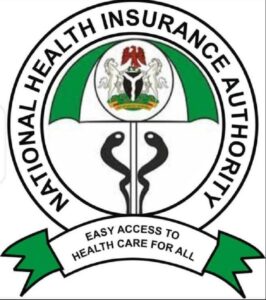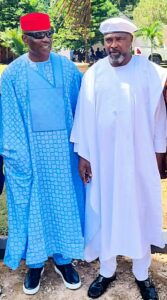Edo 2024: Interrogate Infractions in Governance With FOI Act…Media Expert Charges Journalists
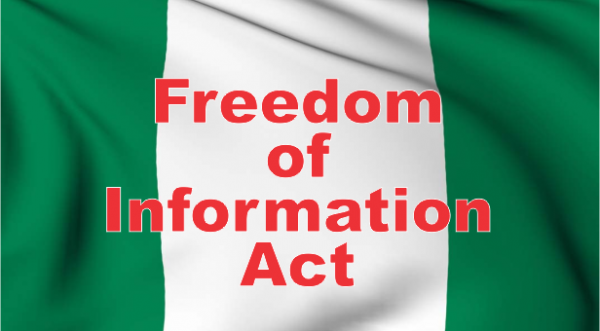
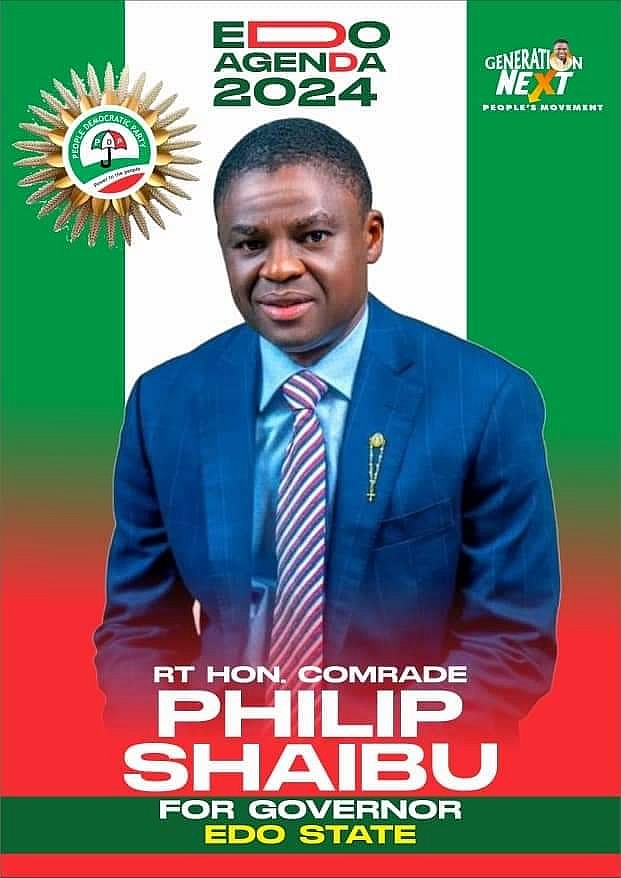
SPONSORED
By Reporter
The Executive Director Civil Empowerment and Rule of Law Support Initiative (CERSLI), has charged journalists practicing in Edo State to interrogate infractions in governance as the state gets prepared for governorship election in 2024.
He made the charge during a maiden seminar on the essentials of writing a freedom of information letter to public and private institutions in Nigeria which was held in Benin City.
Represented by Mr. Tony Abolo, a veteran journalist, Kargbo said: “We believe this seminar comes in handy for two reasons. The first is that Edo State is on the cusp of a governorship election in 2024.
“Issues concerning physical and human infrastructure like roads, health care, education and security of lives and property took centre stage in the past seven years in Edo State.

“There were reports that online and mainstream journalist had difficulties with accessing government information, and this is in spite of the reported interest of most subnational governments like Edo in the Open Government Partnership, OGP, thematic areas of zero tolerance to corruption, citizen participation in governance and access to information.
“Second is the key role that journalists, especially online and freelance journalists can play in interrogating infractions in governance.
“To do this within the ambit: of the law, and avoid issues related to fake news, misinformation, disinformation and unnecessary media censorship with responsible reportage of news-related stories and investigations, this FOI seminar becomes pertinent.”
In his presentation, Bob MajiriOghene Etemiku, Deputy Executive Director of CERLSI, who was the resource person, while discussing the very bare essentials of writing a Freedom of Information(FOI) letter charged the participants to be “strategically positioned to engage state actors to make requests that will lead to promoting free, fair and credible elections in Edo State and Nigeria.”
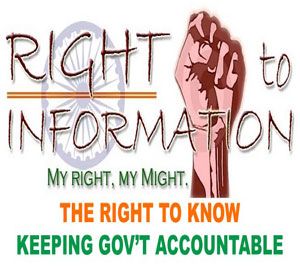
The seminar comes after a similar workshop held in Ibadan, Oyo State Capital organised by Media Rights Agenda with support from the MacArthur Foundation through the Wole Soyinka Centre for Investigative Journalism (WSCIJ) under the Collaborative Media Engagement for Development, Inclusion and Accountability (CMEDIA) Project, a multi-level intervention that supports media independence, improved transparency, accountability, and good governance in state and local governments with more public awareness on the need for accountability, and amplified marginalised voices.
Speakers at the workshop submitted that, “The FOI Act is a powerful tool for information gathering for journalists and other media professionals and can significantly improve the quality of routine and in-depth media reporting.
“Accordingly, journalists should make the effort to read the Act and familiarize themselves with it to enable them to use it effectively for enhanced reporting.
“Furthermore, critical media stakeholders such as journalism and mass communication training institutions, media support and media development organizations, media professional bodies and associations as well as media organizations and newsrooms are encouraged to devote more time, effort and resources into creating awareness about the Act among journalists and building their capacity to utilize the Law.”

SPONSORED
The communique issued at the end of the Two-Day workshop with the topic, “Using the Freedom of Information Act for Investigative Reporting”, series of critical observations and recommendations emerged, and underscored the pivotal role of the media in shaping transparency, accountability, and good governance in society.
Media Right Agenda advised Journalists, “particularly those engaged in investigative reporting, should routinely mine available documents, records and data, including the annual budgets of Federal and State Governments, their audited public accounts, and other reports for information.”
They recommended also, that journalists should “analyze such documents, records and data to ascertain their level of compliance with applicable laws, rules, regulations, codes and other standards. Any identified breaches should be the basis of reporting aimed at holding the government involved accountable.”

SPONSORED


